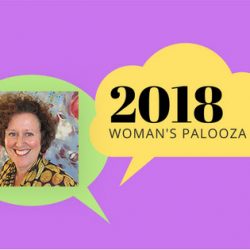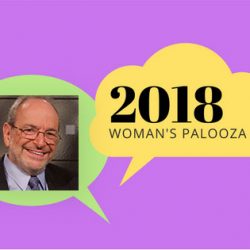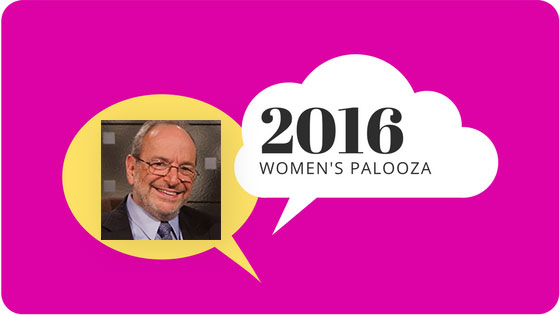Mid-Life: Challenges of Menopause and Aging – 2016
with Anthony Rostain, M.D., MA
Treatment for ADHD women during the transition to menopause and beyond requires modifications that takes into account their changing neurobiology. Understanding these changes can facilitate better communication with health care providers and can help women develop better strategies for coping with daily life.
$13.00
Aging places increasing demands on adults with ADHD. Women in mid-life are especially challenged by the multiple role demands placed on them (career, family relationships, housework, etc). Menopause adds additional stresses especially when it affects executive functioning.
Treatment for ADHD women during the transition to menopause and beyond requires modifications that takes into account their changing neurobiology. Understanding these changes can facilitate better communication with health care providers and can help women develop better strategies for coping with daily life.
About Anthony Rostain, M.D., MA
 Anthony L. Rostain, M.D., is a psychiatrist in the Department of Child and Adolescent Psychiatry and Behavioral Sciences and the Center for Management of ADHD at CHOP, and director of the Developmental Neuropsychiatry Program. Areas of Expertise: Complex neurodevelopmental disorders across the lifespan, Integrating psychosocial and medical treatments for ADHD and related disorders, Managing the transition from adolescent to young adult treatment settings, ADHD, Medical student education, Neuropsychiatric disorders, Residency training.
Anthony L. Rostain, M.D., is a psychiatrist in the Department of Child and Adolescent Psychiatry and Behavioral Sciences and the Center for Management of ADHD at CHOP, and director of the Developmental Neuropsychiatry Program. Areas of Expertise: Complex neurodevelopmental disorders across the lifespan, Integrating psychosocial and medical treatments for ADHD and related disorders, Managing the transition from adolescent to young adult treatment settings, ADHD, Medical student education, Neuropsychiatric disorders, Residency training.
Categories 2016 Women's Palooza, 40+ ADHD women, Adult ADHD, Hormones, Your ADHD Life
Tags adhd, ADHD menopaus, adhd women, advocacy, Anthony Rostain, communication, coping skills, demands, executive functioning, health care providers, medications, modifications.career, neurobiology, perimenopause, relationships, strategies, transitions, treatments
Related products
-

ADHD & MENOPAUSE: Seeing Through the Brain Fog – 2022
$13.00 Add to cart -

Estrogen, Mood, Sleep and ADHD – 2018
$13.00 Add to cart -

Still Distracted After All These Years – ADHD Women Over 60 – 2018
$13.00 Add to cart -

Emotional Regulation in ADHD Women – 2018
$13.00 Add to cart -

Cutting Edge Research on ADHD Girls, Teens and Young Women – 2016
$13.00 Add to cart
